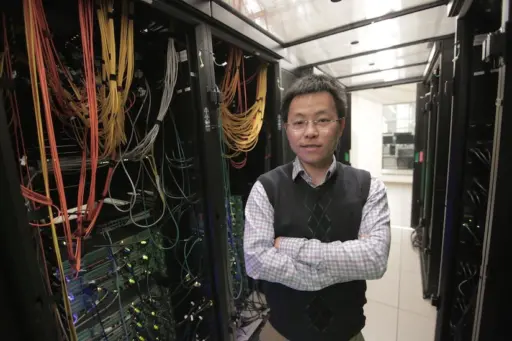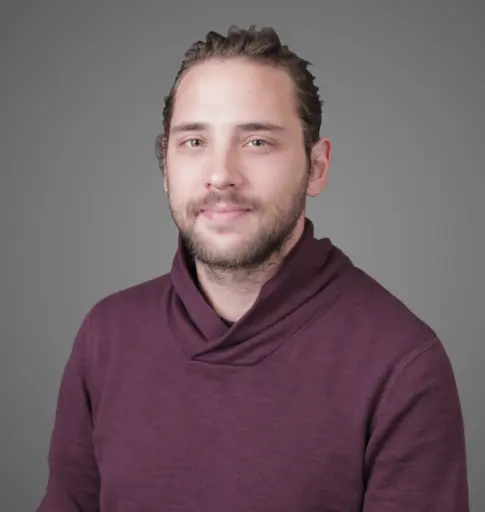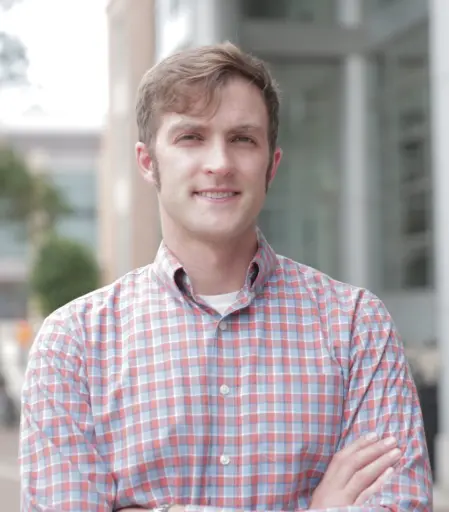Great teachers aren’t born—they’re made.
 Zongfu Yu
Zongfu Yu
And one way for professors at the University of Wisconsin-Madison to become great teachers is through the Madison Teaching and Learning Excellence program, a two-semester long fellowship program in which faculty learn evidence-based principles that can help take their instruction to the next level.
“On a fundamental side, the program really helped me understand teaching,” says Zongfu Yu, the Dugald C. Jackson Assistant Professor of electrical and computer engineering who participated in the program during the 2017-2018 academic year. “On the practical side, the program gives techniques that you can implement right away to be a more effective teacher.”
Two of Yu’s colleagues in ECE will follow in his footsteps in the coming years, further carrying on the department’s culture of leadership in educational innovation: Assistant Professor Dimitris Papailiopoulos will begin the program in fall 2018, and Assistant Professor Eric Severson has been accepted to a 2019 cohort.
 Dimitris Papailiopoulos
Dimitris Papailiopoulos
Each cohort numbers roughly eight to 12 faculty members and the application process is designed to bring together a cohort of educators who are committed to their students.
“We want to see that program participants truly care deeply about learning,” says Christian Castro, assistant director of the program. “They aren’t just looking for tips and tricks to let them be quicker teachers, but they have genuine concern for students.”
The program draws faculty from departments all across campus—from engineering to the humanities—which is why the curriculum begins with solid foundation of educational theory before introducing classroom-specific teaching techniques.
For example, says Castro, neuroscience drives the approach for the module on deepening learning.
 Eric Severson
Eric Severson
One neuroscience-based strategy that Yu implemented into the upper-division ECE 742 class he taught during 2018 was including more opportunities for students to engage with course material through small group discussions, quizzes or problem-solving exercises.
Research has shown that these “active learning” methodologies, where students apply material and then receive targeted feedback on their progress toward achieving the course goals, dramatically boost student comprehension and retention.
“My teaching has become more two-way, and I’m finding that the students are much more engaged,” says Yu.
During the 2018-2019 academic year, Yu plans build even more on the techniques he learned through the program: He will co-teach a large introductory electrodynamics course, ECE 220, with Professor David Anderson as an entirely “flipped” class, where students will watch videos of his lectures on their own time and use the in-class times to work on problems in small groups, with guidance from Yu, Anderson and teaching assistants.
“Problem-solving is the most important thing for engineers to learn,” says Yu. “The value of a class is really in the instructor showing students how to solve problems, and then letting the students solve problems on their own.”